Literacy
History is the closest subject to literacy. There are many opportunities between the two subjects for cross- curriculum teaching. Teaching history raises standards in literacy because there are many English based activities that are used in history lessons. History lessons require teachers and children to use their literacy skills in reading, writing and speaking and listening. Read more
-
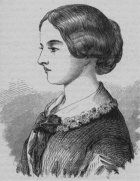
OFSTED, primary history and creativity
ArticleClick to view -
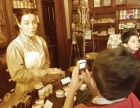
Geosong: a transition project
ArticleClick to view -
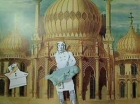
Museums, schools and creativity: How learning can be enhanced
ArticleClick to view -

Thematic or topic based whole school curriculum planning
ArticleClick to view -

Case Study: Creative chronological thinking
ArticleClick to view -

Diogenes: Creativity and the Primary Curriculum
ArticleClick to view -

Writing: demonstration and modelling
ArticleClick to view -

Visual literacy: Look, talk, write - Using a picture to extend vocabulary
ArticleClick to view -

Oracy and writing: Speaking, listening, discussion and debate
ArticleClick to view -

Reading into writing
ArticleClick to view -

Mini Scaffolds: Charts, Concept webs, Diagrams, Mini-Frames
ArticleClick to view -

History and language
ArticleClick to view -

Children writing history: The writing spectrum
ArticleClick to view -

Multi-modality and writing history
ArticleClick to view -
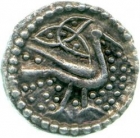
Writing & History Overview
ArticleClick to view -
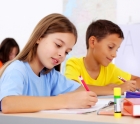
In My View: Children Writing History
ArticleClick to view -

In My View: Writing History
ArticleClick to view -

Poetic writing
ArticleClick to view -
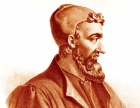
Time, Chronology, language and story
ArticleClick to view -

Planning with literacy
ArticleClick to view

